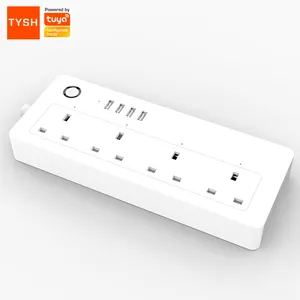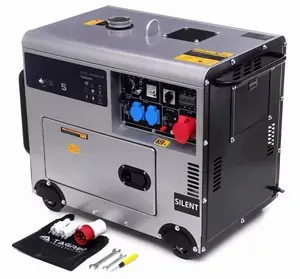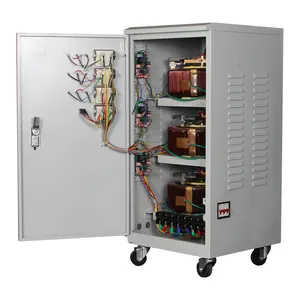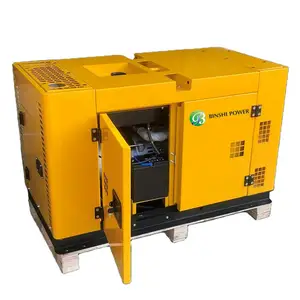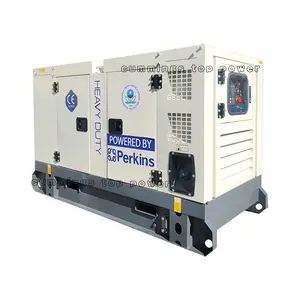





SINOVINYL 공장 도매 가격 카멜레온 전기 금속 매트 광택 자동 필름 포장 차량 스티커 자동차 랩 비닐
배송 준비 완료
₩242,938 - ₩284,585
최소 주문량: 1 롤
조각 당 선박: ₩156,841






Viwocool 고품질 창 색조 irr95 % uvr99 % 로 suntek 울트라 색조 중국 창 필름 도매 영화 de janela de carro
배송 준비 완료
₩148,540 - ₩190,186
최소 주문량: 1 롤
조각 당 선박: ₩106,032




클리어 80% 85% 레드 퍼플 카멜레온 바람막이 틴트 필름 자체 접착 자동차 창 틴트 필름
배송 준비 완료
₩372,042 - ₩413,689
최소 주문량: 1 롤
조각 당 선박: ₩46,062



50CM 높은 단열 태양 제어 창 필름 나노 세라믹 자동차 태양 광 창 틴트 VLT 5% 블랙 사이드 앞 유리 필름
₩54,141 - ₩76,352
최소 주문량: 1 롤
조각 당 선박: ₩45,812







동남아시아 베스트 셀러 tpu ppf 광택 스크래치 방지 ppf 자동차 페인트 보호 필름 ppf 차체
₩609,427 - ₩692,720
최소 주문량: 1 롤
조각 당 선박: ₩87,791













WRAPMASTER 5 * 59FT 미드나이트 골드 광택 페인트 메탈릭 자체 접착 자동차 랩 비닐 외부 액세서리 래퍼
배송 준비 완료
₩204,068 - ₩276,255
최소 주문량: 1 롤
조각 당 선박: ₩95,815












7.5 밀 자동차 Pppf 광택 블랙 Pppf, 페인트 보호 필름-스크래치 방지-자가 치유-자체 접착 비닐 포장지, Tpu 소재
₩520,582 - ₩638,580
최소 주문량: 1 롤






7.5mil TPU PPF 투명 페인트 보호 필름 안티-옐로우 안티 스크래치 비닐 래퍼 보이지 않는 천 자동차 후드 라이트 1.52*15m
배송 준비 완료
₩610,816 - ₩638,580
최소 주문량: 1 롤
조각 당 선박: ₩129,799






매트 다이아몬드 스타일 시리즈 레드 매트 컬러 변경 래퍼 커버 필름 공기 거품 무료 1.52*18 메터
배송 준비 완료
₩480,323 - ₩506,699
최소 주문량: 1 롤
조각 당 선박: ₩308,184






























공장 가격 좋은 품질 투명한 열 수선 광택 광택이 없는 보호 차 페인트 보호 피막 TPU TPH PPF 포일
배송 준비 완료
₩111,058 - ₩138,822
최소 주문량: 1 롤
조각 당 선박: ₩79,809












Nalinv 공장 직접 판매 자동차 자동차 액세서리 안티 황변 순간자가 치유 나노 코팅 TPu 자동차 랩
배송 준비 완료
₩215,174 - ₩262,373
최소 주문량: 1 롤
조각 당 선박: ₩95,815











매트 광택 2D 3D 자동차 탄소 섬유 자동차 비닐 랩 버블 무료 자동차 포장 노트북 전화 커버
배송 준비 완료
₩173,528 - ₩187,410
최소 주문량: 1 롤
조각 당 선박: ₩95,815






WRAPMASTER 자동차 페인팅 매트 다이아몬드 야간 다크 브라운 레드 매트 색상 변경 래퍼 커버 필름
배송 준비 완료
₩224,892 - ₩304,020
최소 주문량: 1 롤
조각 당 선박: ₩95,815


















7.5mil TPU PPF 투명 페인트 보호 필름 안티-옐로우 안티 스크래치 비닐 래퍼 보이지 않는 천 자동차 후드 라이트 1.52*15m
₩388,701 - ₩430,347
최소 주문량: 1 롤






상위 카테고리
자동차 포장지 정보
주거용이든 상업용이든 상관없이 회로를 보호하는 것은 이제 Alibaba.com의 자동차 포장지 액세서리를 사용하여 더욱 편리하고 간단 해졌습니다. 이 제품은 최고급 제품이며 모든 자산의 전기 연결 및 회로를 최대한 관리하도록 제조되었습니다. 여기에서 제공되는 제품은 성능에 능숙 할뿐만 아니라 모든 종류의 까다로운 용도에 대해 인증되고 지속 가능하므로 더 긴 수명을 보장합니다. 뛰어난 가격으로 사이트의 선도적이고 신뢰할 수있는 자동차 포장지 공급 업체 및 도매 업체로부터 이러한 제품을 구입하십시오.
연결 크기와 상관없이 이러한 자동차 포장지는 모든 종류의 복잡한 회로를 보호하고 모든 유형의 간섭으로부터 보호합니다. 이러한 제품은 원격 제어가 가능하며 스마트 폰을 통해서도 작동 할 수 있습니다. 사이트에있는 다양한 범주의 제품에는 고유 한 전압 및 전류 요구 사항을 처리하기위한 모든 최신 기능과 다양한 용량이 장착되어 있습니다. 이러한 제품은 성능 향상을 위해 고급 플라스틱,은, 구리로 만들어졌습니다.
알리바바 .com에서 다양한 자동차 포장지을 검색하고 요구 사항에 따라 여러 제품 중에서 선택하십시오. 이러한 액세서리는 내열성이며 과전류 안전, 과부하 보호, 변동 전압 보호 기능이 있으며 회로가 외부 간섭과 접촉하는 것을 방지하는 케이스와 함께 제공됩니다. 자동으로 적시에 스위치 켜기 또는 끄기 기능이 제공되며 Google Assistant 또는 Alexa로 음성 제어 할 수 있습니다. 자동 재 폐로 기능이있는 제품도 찾아 볼 수 있으며 태양 전지도 사용할 수 있습니다.
사이트에서 다양한 자동차 포장지 제품을 확인하고 요구 사항과 예산에 맞는 제품을 구입하세요. 사용자 정의에 액세스 할 수 있으며 소비자는 OEM 제품으로 주문할 수 있습니다. 필요에 따라 일부 제품에 대한 애프터 서비스도 제공됩니다.
연결 크기와 상관없이 이러한 자동차 포장지는 모든 종류의 복잡한 회로를 보호하고 모든 유형의 간섭으로부터 보호합니다. 이러한 제품은 원격 제어가 가능하며 스마트 폰을 통해서도 작동 할 수 있습니다. 사이트에있는 다양한 범주의 제품에는 고유 한 전압 및 전류 요구 사항을 처리하기위한 모든 최신 기능과 다양한 용량이 장착되어 있습니다. 이러한 제품은 성능 향상을 위해 고급 플라스틱,은, 구리로 만들어졌습니다.
알리바바 .com에서 다양한 자동차 포장지을 검색하고 요구 사항에 따라 여러 제품 중에서 선택하십시오. 이러한 액세서리는 내열성이며 과전류 안전, 과부하 보호, 변동 전압 보호 기능이 있으며 회로가 외부 간섭과 접촉하는 것을 방지하는 케이스와 함께 제공됩니다. 자동으로 적시에 스위치 켜기 또는 끄기 기능이 제공되며 Google Assistant 또는 Alexa로 음성 제어 할 수 있습니다. 자동 재 폐로 기능이있는 제품도 찾아 볼 수 있으며 태양 전지도 사용할 수 있습니다.
사이트에서 다양한 자동차 포장지 제품을 확인하고 요구 사항과 예산에 맞는 제품을 구입하세요. 사용자 정의에 액세스 할 수 있으며 소비자는 OEM 제품으로 주문할 수 있습니다. 필요에 따라 일부 제품에 대한 애프터 서비스도 제공됩니다.
